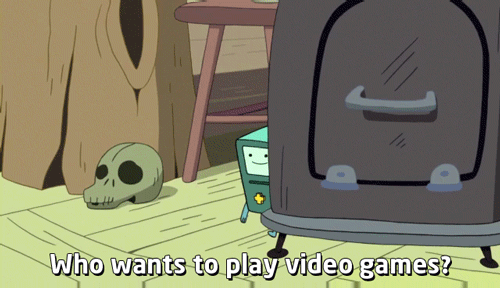Toasts in a grammar

I'm reading Holisky & Gagua (1994), a grammar sketch of Batsbi. I just came across this sentence, "the words said by him remained toast". I like it, a lot. I take it that despite some sort of condition or expectation, the words he said remained to best be described as speeches or hot white bread. Like some sort of uncle at a wedding who never stops talking once he's got the space. There is no more context, so all we can do is speculate. Batsbi [bbl, bats1242] is spoken at the dot on this map below and transitivising affixes, inclusive pronouns and aorist. References Holisky, Dee Ann and Rusudan Gagua. 1994. Tsova-Tush (Batsbi). In Rieks Smeets (ed.), North East Caucasian Languages Part 2, 147-212. Delmar, New York: Caravan Books.






